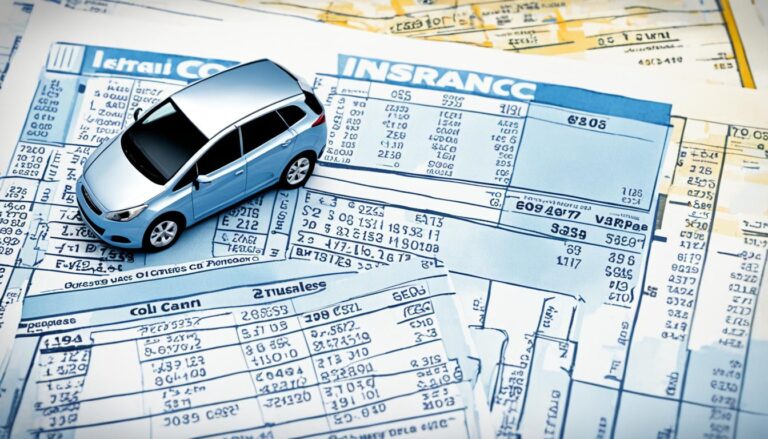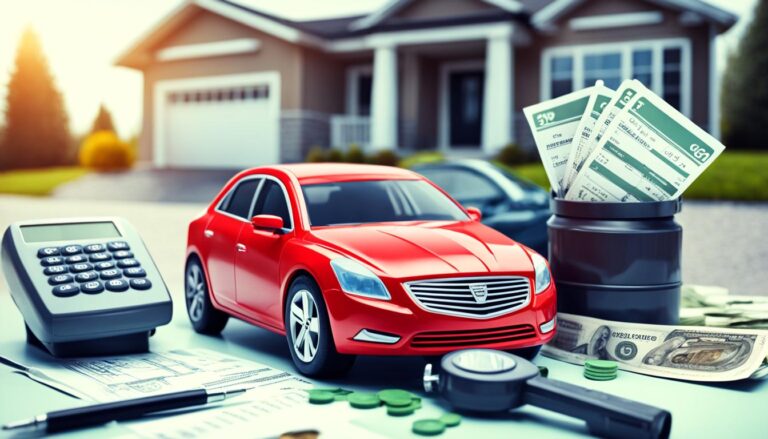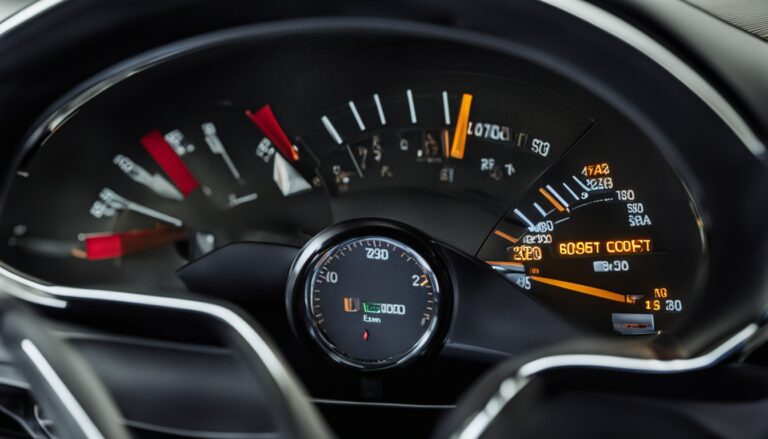As drivers, we all know that owning a vehicle involves more than just the initial purchase price. From fuel consumption to insurance premiums, understanding the true cost of operating a car is essential for making informed financial decisions. In this comprehensive guide, we’ll walk you through the essential steps to accurately calculate your vehicle’s running costs. Whether you’re shopping for a new car or trying to budget your existing car expenses, knowing how to properly assess the total cost of ownership is crucial for maximizing your savings and staying in control of your finances.
Identifying Essential Vehicle Expenses
Calculating your vehicle’s running costs begins with understanding the essential expenses you’ll face. Two of the key factors to consider are your fuel consumption and insurance premiums, including deductibles. By accurately estimating these costs, you can create a comprehensive budget and make informed decisions about your vehicle ownership.
Fuel Consumption and Costs
Fuel efficiency is a significant factor in your overall vehicle expenses. Factors like your driving habits, the vehicle’s make and model, and your location can all impact your fuel consumption and costs. To estimate your fuel costs, consider your average miles per gallon (MPG) and the current price of gas in your area. You can use online fuel cost calculators or consult your vehicle’s owner’s manual to get a more accurate estimate.
Insurance Premiums and Deductibles
Vehicle insurance is another essential expense to factor into your running costs. Your insurance premiums will depend on a variety of factors, including your driving history, the vehicle’s make and model, your location, and the coverage levels you choose. Additionally, the deductible you select can significantly impact your out-of-pocket costs in the event of a claim. Research different insurance providers and coverage options to find the best balance of protection and affordability.
By closely examining your fuel consumption and insurance expenses, you can create a more accurate picture of your vehicle’s essential running costs. This information will be crucial as you move forward in calculating your total vehicle expenses.
Calculate Vehicle Running Costs: A Comprehensive Guide
Owning a vehicle comes with more than just the initial purchase price. To truly understand the total cost of car ownership, we need to dive deeper into the various expenses associated with operating a vehicle. In this comprehensive guide, we’ll walk you through the process of calculating your vehicle’s running costs, covering everything from maintenance and repairs to depreciation and resale value.
Estimating Vehicle Maintenance Costs
One of the key components of your vehicle’s running costs is routine maintenance. From oil changes and tire rotations to brake pad replacements and tune-ups, these regular expenses can add up quickly. To estimate your maintenance costs, consider the following factors:
- Your vehicle’s make, model, and year
- Recommended maintenance schedules from the manufacturer
- Average costs for common maintenance tasks in your area
- Potential unexpected repairs that may arise
By factoring in these variables, you can develop a more accurate budget for your vehicle’s maintenance and repair needs.
Calculating Fuel Consumption and Costs
Fuel expenses are another significant portion of your vehicle’s running costs. To estimate your fuel consumption and costs, consider the following:
- Your vehicle’s average miles per gallon (MPG) rating
- The number of miles you typically drive per year
- The current average price of gas in your local area
With this information, you can calculate your annual fuel costs and incorporate them into your overall budget for the total cost of car ownership.
Factoring in Car Depreciation
One of the biggest expenses associated with vehicle ownership is depreciation. As soon as you drive a new car off the lot, it begins to lose value. To account for this, consider the following factors when estimating your car’s depreciation:
- The make, model, and year of your vehicle
- The number of miles on the odometer
- The current market value of your vehicle
- The expected resale value in the future
By understanding the rate at which your vehicle depreciates, you can better prepare for the financial impact of owning a car and budgeting for the total cost of car ownership.
Budgeting for Car Expenses
Now that you’ve considered the various expenses associated with your vehicle, it’s time to create a comprehensive budget. This will help you understand the true cost of car ownership and make informed decisions about your transportation needs. Remember to include the following in your budget:
- Maintenance and repair costs
- Fuel expenses
- Insurance premiums and deductibles
- Depreciation and resale value
- Any other relevant costs, such as registration fees or parking expenses
By taking the time to calculate and budget for your vehicle’s running costs, you’ll be better equipped to make informed decisions about your transportation needs and ensure that your car fits within your overall financial plan.
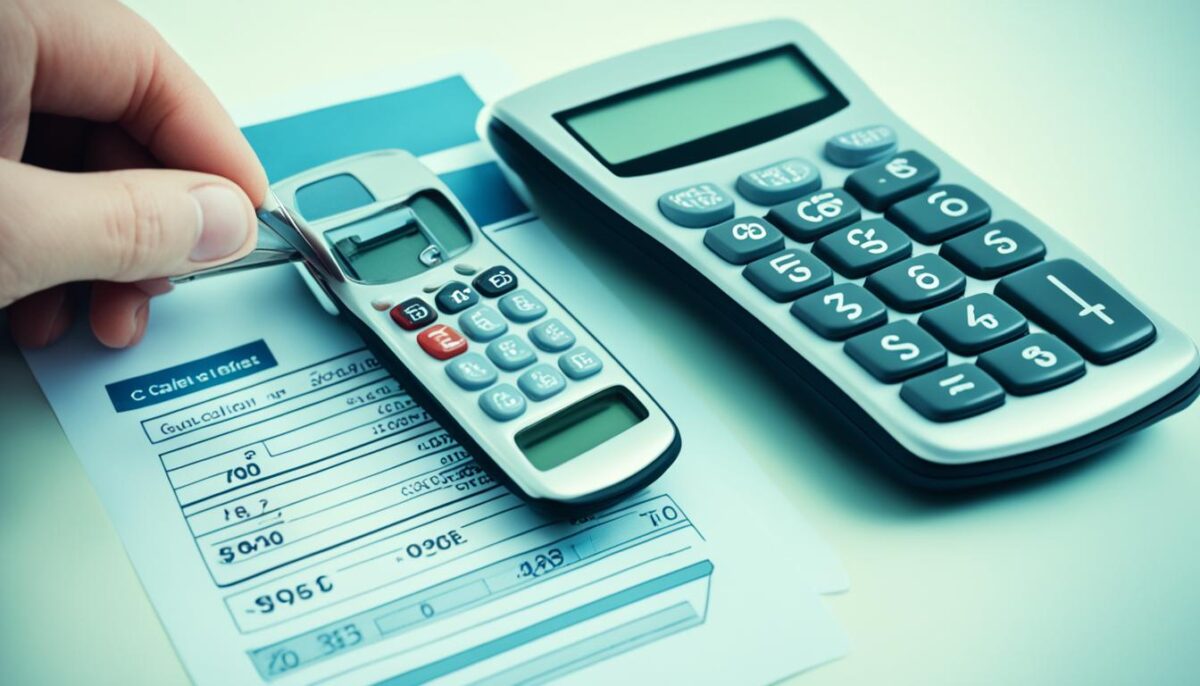
“Knowing the true cost of car ownership is essential for making informed financial decisions and ensuring your vehicle aligns with your overall budget.”
Factoring in Maintenance and Repair Costs
As we’ve discussed, the true cost of owning a vehicle extends well beyond the initial purchase price. Regular maintenance and unexpected repairs can significantly impact your overall car running costs. To ensure you’re budgeting for vehicle repairs and maintenance accurately, it’s crucial to understand typical maintenance schedules and how to estimate these expenses based on your car’s make, model, and mileage.
Routine Maintenance Schedules
Most automakers provide detailed maintenance schedules for their vehicles, outlining the recommended service intervals for various components. These schedules can serve as a helpful guide when planning your car maintenance costs. Some common maintenance tasks and their typical frequency include:
- Oil changes: Every 3,000-5,000 miles
- Tire rotations: Every 5,000-7,500 miles
- Brake inspections: Every 10,000-12,000 miles
- Air filter replacements: Every 12,000-15,000 miles
- Spark plug replacements: Every 30,000-50,000 miles
It’s important to refer to your car’s owner’s manual and follow the manufacturer’s recommended maintenance schedule to keep your vehicle running smoothly and avoid more costly repairs down the line. Neglecting routine maintenance can lead to premature wear and tear, ultimately costing you more in the long run.
To estimate your car maintenance costs, consider factors such as the age and mileage of your vehicle, as well as any specific issues or concerns you’ve experienced. Consulting with a trusted mechanic can also provide valuable insights into the typical maintenance and repair costs for your make and model.
By budgeting for vehicle repairs and staying on top of your car’s maintenance schedule, you can better manage your overall vehicle running costs and ensure your car remains reliable and roadworthy for years to come.
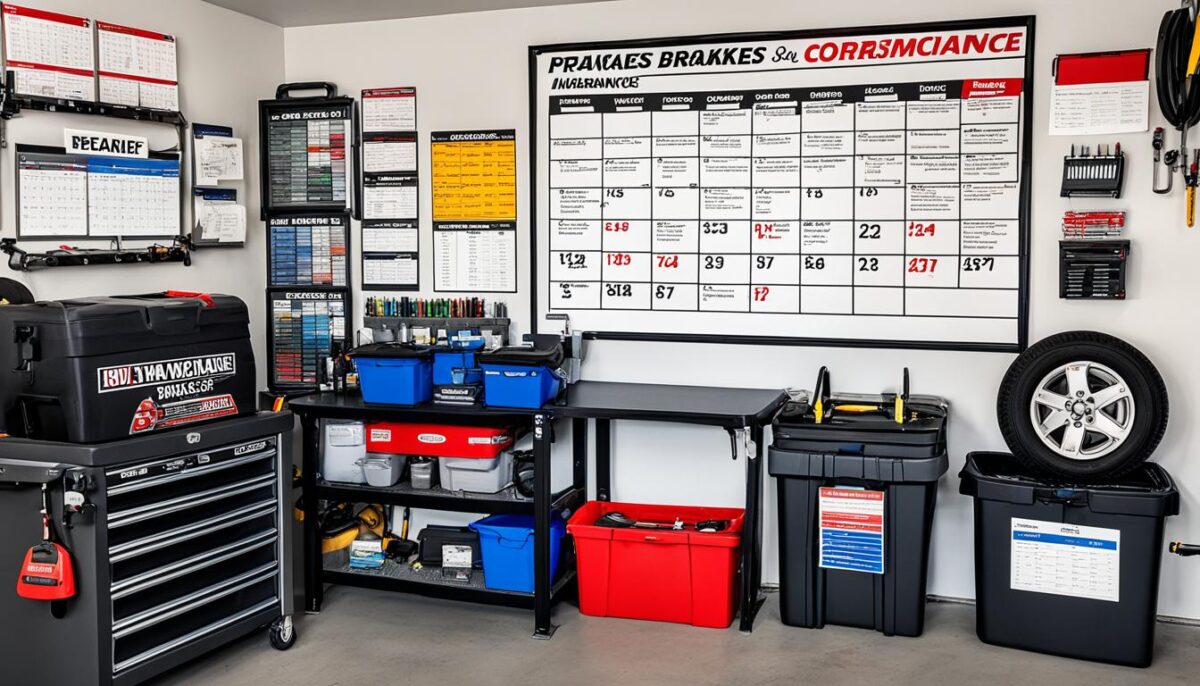
Depreciation and Resale Value Considerations
Calculating your vehicle’s running costs wouldn’t be complete without factoring in the impact of depreciation and the car’s resale value. Vehicle depreciation is a significant expense, as most cars lose a substantial portion of their value over time. By understanding how depreciation affects your ownership costs, we can devise strategies to maximize the resale value and ultimately reduce your overall cost of car ownership.
Estimating the resale value of your vehicle is crucial when determining the true cost of owning a car. Factors like the make, model, age, mileage, and condition all play a role in determining the car’s resale value. By staying on top of routine maintenance, keeping detailed records, and considering the vehicle’s depreciation curve, we can make informed decisions about when to sell or trade-in your car to get the best return on your investment.
Navigating the complex world of car depreciation and resale value can be daunting, but with the right strategies, we can minimize the financial impact and maximize the return on your vehicle purchase. By incorporating these considerations into your overall cost calculations, you’ll be better equipped to make informed decisions about your next car and ensure you get the most value from your investment.

